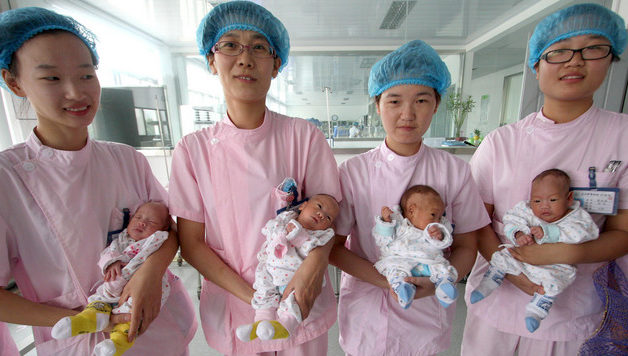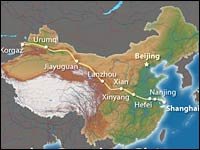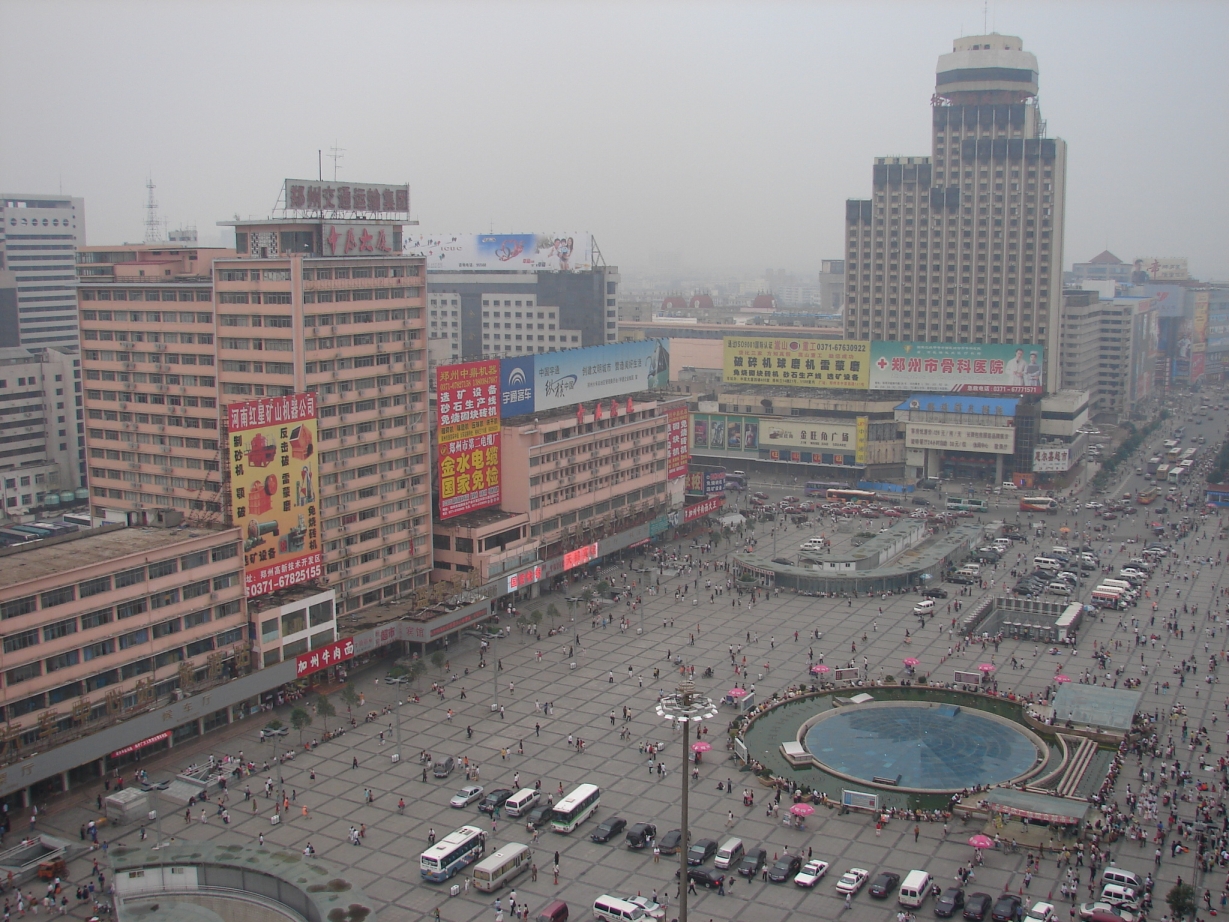One large Chinese group isn’t thrilled by the recent change in the country’s one-child policy: the half-million people employed by the government’s family-planning agency.
Those workers have long opposed liberalization of the policy, fearing that it would reduce their importance and lead to job cuts.
The family-planning unit was merged with the Health Ministry earlier this year as a prelude to the new rule, which will allow an urban couple to have two children if one of the parents has no siblings. In the past, both parents had to be only children in order for them to have a second child. (It already was easier for rural and ethnic couples to have more than one kid.)
The change was prompted by an imbalance between young and old people, resulting from more than three decades of birth-control regulations. It’s unclear when the new policy will go into effect because each province can set its own timetable.
Family-planning officials, who enforce a maze of child-bearing rules and collect fines from violators, will still have plenty to do. But if China continues to make it easier for couples to have more children, their Big Brother role may be in jeopardy.




